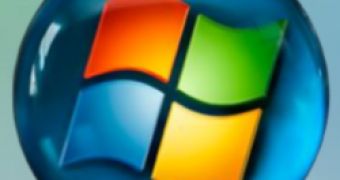Microsoft has a rather ambiguous relationship with open source. On one hand the Redmond company is avidly competing with members of the OSS community that have adopted the open source business model, throwing its entire weight behind its own proprietary software strategy. And on the other, Microsoft is increasingly forced by its own customers to provide an interoperability bridge between its products and open source solutions.
So far, the Redmond company has responded by offering increased support for heterogeneous environments running mixed solutions. The partnership inked with Novell at the end of 2006 has as the main focus the interoperability between the Linux and Windows platform. In this context, with a growing OSS presence at Microsoft, additional efforts are being highlighted via Port25, the Redmond company's open source mouthpiece.
Another example of Windows embracing open source solutions traditionally aimed to the UNIX and Linux platforms is the documentation made available for the integration of Apache 2.2 in Windows, including Microsoft's latest client, Windows Vista. And in this context, also into Vista Service Pack 1.
"By many estimates, Apache is the world's most popular web server software, hosting more than half of active domains according to Netcraft. Typically, Apache is run on Linux or UNIX, but it runs quite well on Windows," revealed Chris Travers, the owner of Metatron Technology Consulting, and author of the "Apache 2.2 on Windows: A Primer" whitepaper.
Microsoft has its own version of a web server, namely Internet Information Services. But so far, Apache is still the dominant web server on the world wide web, its open source legacy helping with the wide adoption and deployment. With Windows Server 2008, Microsoft has introduced the latest version of its IIS webserver - Internet Information Services 7.0.
"Since 2.0, Apache has used a modular structure aimed at allowing for better performance across multiple platforms. When the software is compiled, a Multi-Process Module (MPM) is selected. By default on UNIX and Linux, the process-based 'Prefork' MPM is selected, while on Windows the default MPM uses the Windows preferred thread-based model. For many applications, this change results in a sizable performance gain in Windows compared to older versions of the software, but problems can occur if a module is used which is not thread-safe," Travers added.

 14 DAY TRIAL //
14 DAY TRIAL //